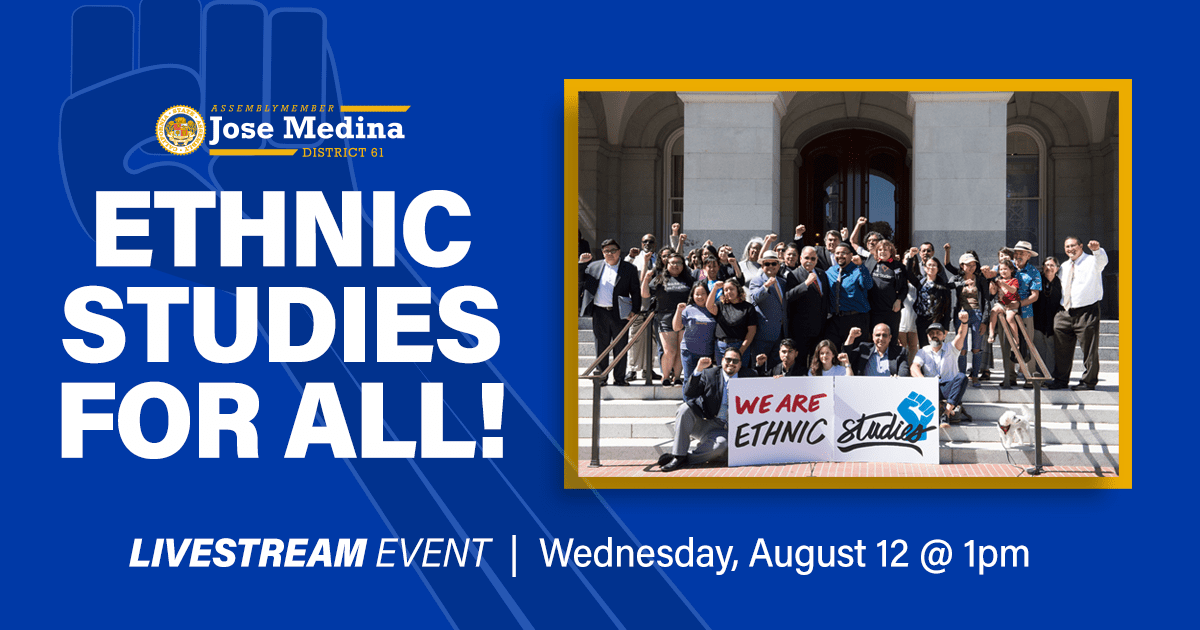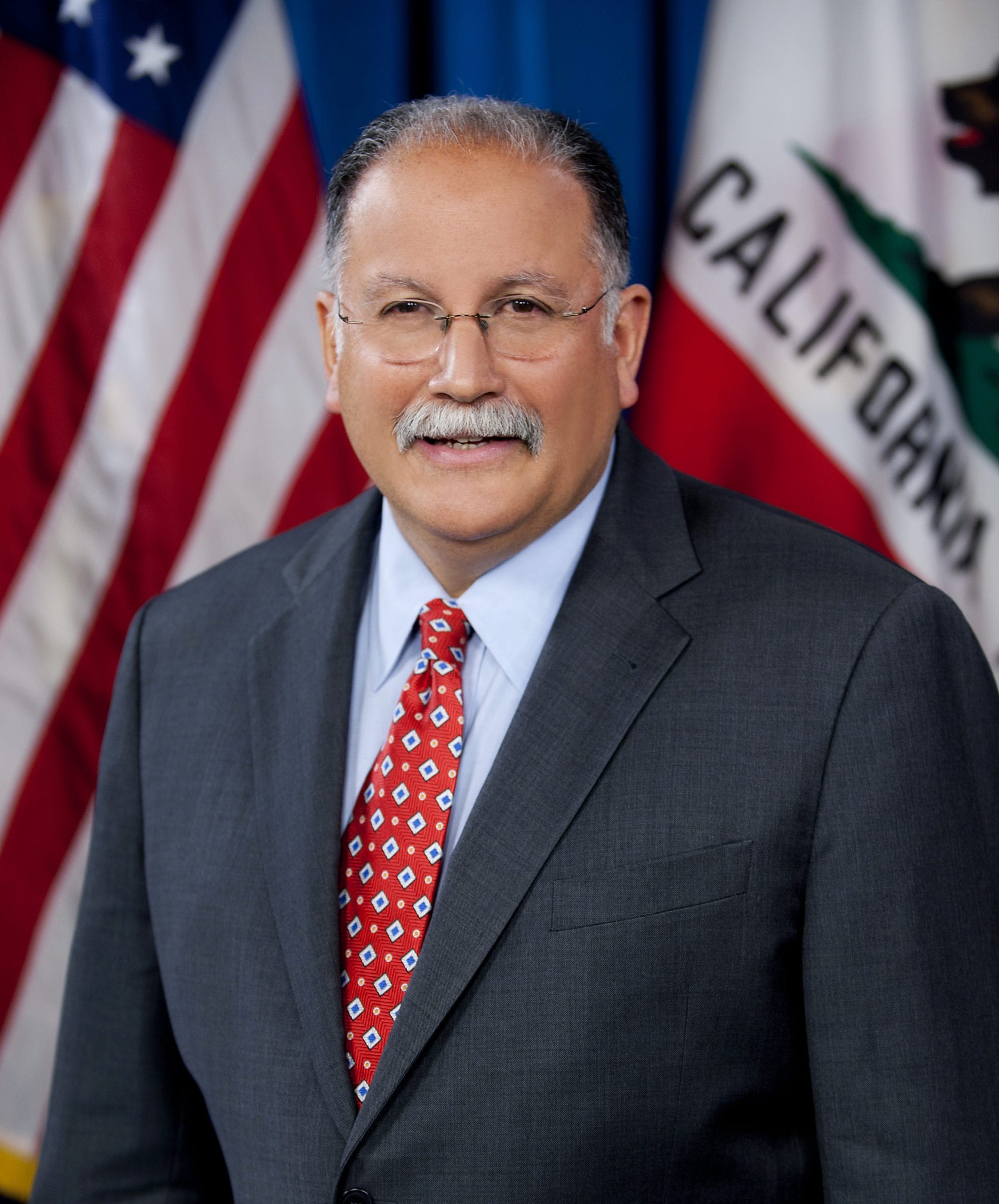
The Time is Now: Ethnic Studies for All California Students
AB 331 would make subject a graduation requirement
Learning about the diverse histories and perspectives of Black, Indigenous and people of color should not be optional—and CTA is supporting a bill to make that vision for an aware and compassionate society a beautiful reality.
Authored by Assemblymember Jose Medina (D-Riverside), AB 331 will ensure that all students have the opportunity to take ethnic studies by making it a California high school graduation requirement, starting in 2024. While this bill has languished in legislative committees for the past couple years, supporters hope this summer’s increased attention on systemic racism in America show the critical need for culturally comprehensive education and a better understanding of our nation’s diverse and complex history.
“As a science teacher, ethnic studies not only impact my classroom, but the entire school, communities, and environments where our students live. The subject of ethnic studies is too important to be left as an option,” says Pia VanMeter, high school teacher with Riverside Unified School District. “Students look to us to lead by example, and this means we must do the impactful and lifesaving work of building awareness and compassion through the stories of Black, Indigenous and people of color.”


VanMeter joined Medina and other leaders today in calling on legislators to make ethnic studies a priority in our schools and approve AB 331, which allows courses to be offered in any discipline as long as they are based on the ethnic studies model curriculum. Oakland High School student Aniyah Story says that as a Black-Filipina, she has never felt reflected in school books and curriculum.
“The lack of representation in history books made me feel like an outsider,” Story says, referring to textbooks with photos of her ancestors shackled in chains. “With ethnic studies, I’ll finally be able to feel whole and see my ancestors as people, not slaves.”
AB 331 will be discussed next week by the Senate Appropriations Committee. Work continues on the Ethnic Studies Model Curriculum, on which VanMeter will provide testimony tomorrow.


“This curriculum will be the first statewide curriculum in the country and should stand true to its guiding principles of delivering the promise of equity and access for all students,” says VanMeter, a member of Riverside City Teachers Association and chair of the CTA Curriculum and Instruction Committee that recommended support of AB 331. “We have a chance at making the world a better place today. It all starts with our students.”
Medina says learning about our diverse histories and experiences is too important to be left up to choice, noting that there are many benefits to a culturally comprehensive curriculum. A recent Stanford University study found that high school students at risk of dropping out experienced boosted attendance and academic performance after taking ethnic studies. More than five decades after ethnic studies was established as an academic discipline, Medina says the time to adopt this much-needed requirement is now.
“We are here today after 52 years of struggle by students, activists, educators and college professors all saying that we can do a better job and make our curriculum more reflective,” he says.

